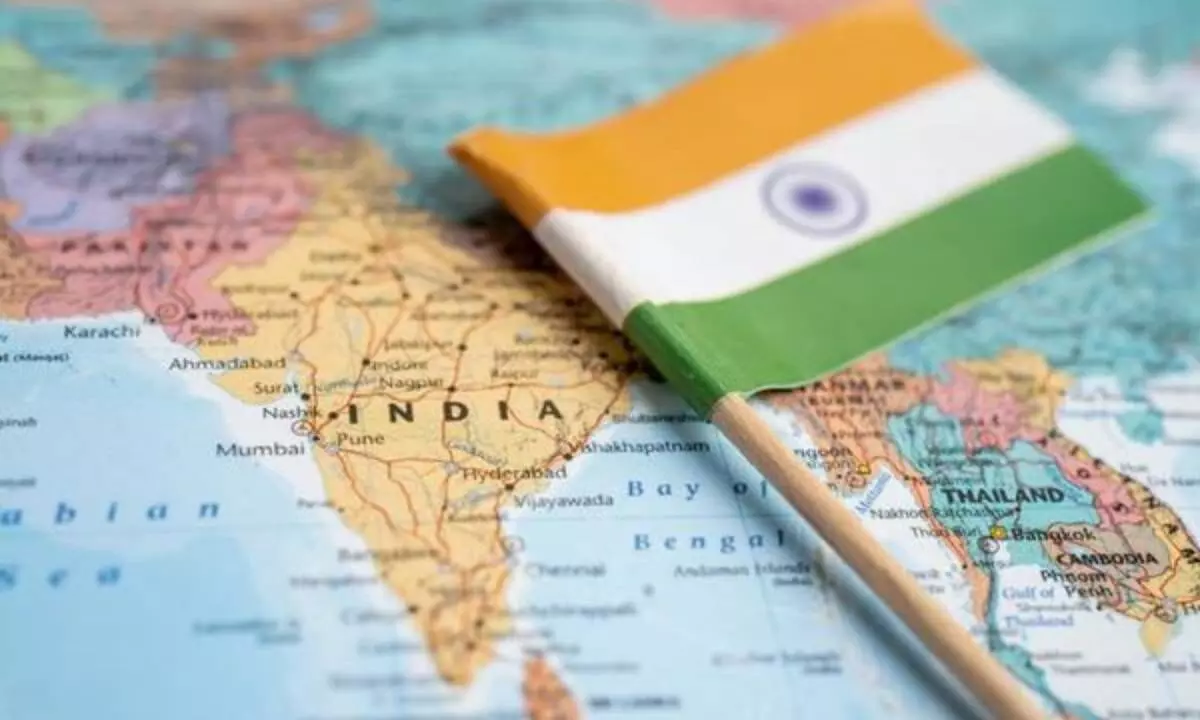Suitable policies can make India ‘viksit’: EY report
The Indian economy is on the cusp of a significant transformation but that would be predicated upon suitable policy interventions to incorporate new technologies, notably generative AI (GenAI), and tackle global challenges, said the latest edition of EY Economy Watch
image for illustrative purpose

The Indian economy is on the cusp of a significant transformation but that would be predicated upon suitable policy interventions to incorporate new technologies, notably generative AI (GenAI), and tackle global challenges, said the latest edition of EY Economy Watch.
Suitable policies can make India a ‘viksit’ or developed nation, it said.
“India must navigate these technological shifts with suitable policy interventions to ensure a net positive impact on employment while driving overall GDP growth. Striking this balance will require strategic policy support that mitigates job displacement while harnessing the growth potential of emerging technologies,” D.K. Srivastava, chief policy advisor, EY India, told the media.
The EY report said GenAI could potentially boost India’s GDP by an estimated $359-438 billion by 2029-30.
Climate change has intensified the frequency of natural disasters, which poses significant economic risks, EY said. Quoting the Swiss Re Institute (2021) which has warned that unchecked climate change could shrink the global economy by up to 18 per cent by the mid-century, EY said that India needs to prioritize investments in climate-resilient technology and innovation.
Geopolitical tensions have spurred de-globalization, leading to trade disruptions and fragmentation. India has an advantage of being a trade connector due to its strategic positioning, and this presents opportunities amidst these challenges. Initiatives such as operating the Iranian Chahabar port and developing new trade routes, like the India-EU corridor via the Gulf would strengthen India’s position as a trade connector, the report said.
India’s lower government indebtedness provides a buffer against external shocks, affording the nation greater fiscal space to implement macro-stabilization efforts during economic downturns. In this context, India is favorably placed as compared to its global peers, the EY report said.

